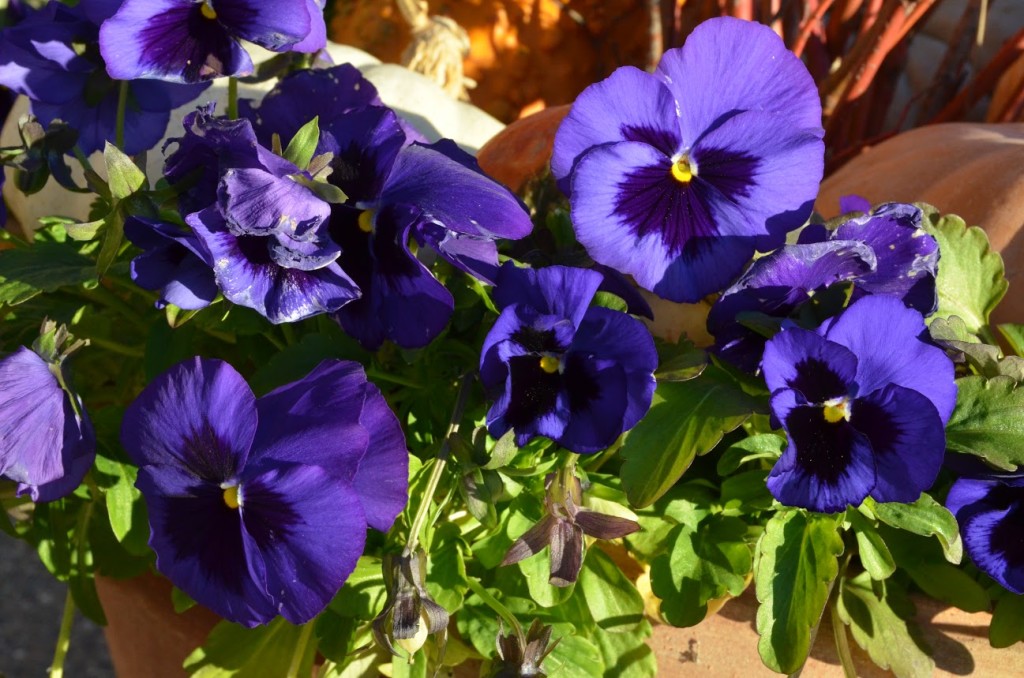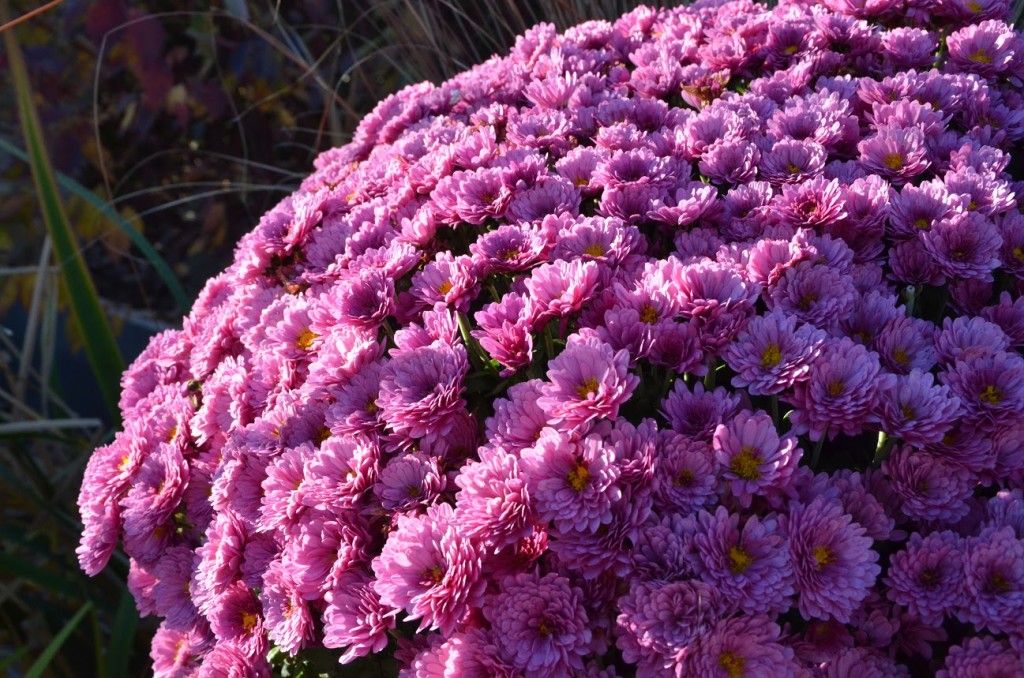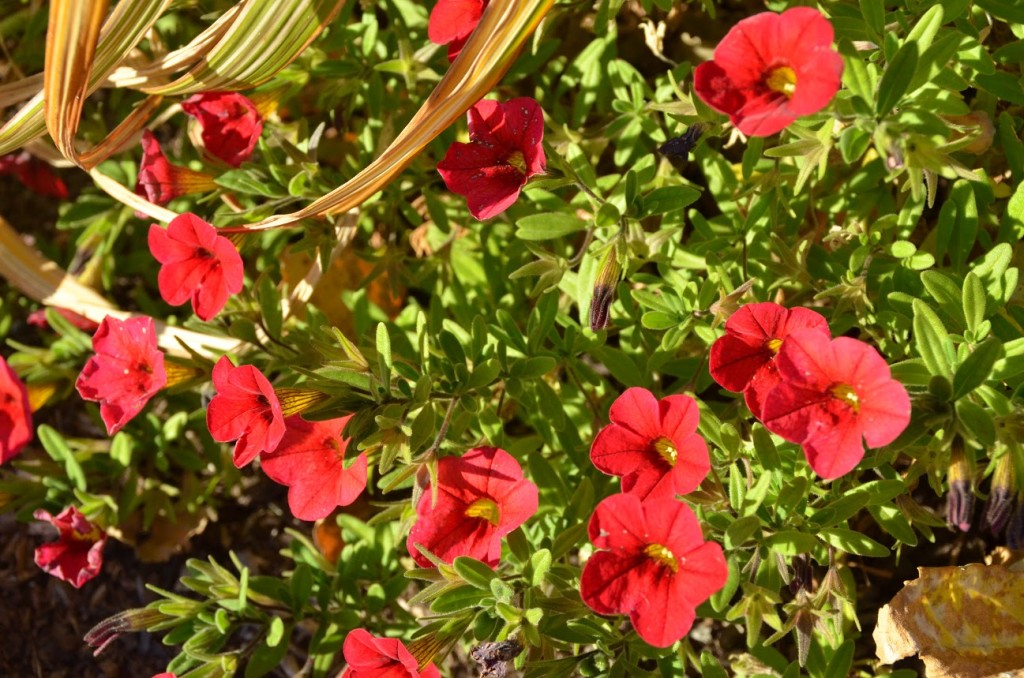You’ve probably seen flowers used as colorful garnishes before but did you know you can eat them too? Not only do they taste good but they can help with whatever ails you.
Each flower has different vitamins, minerals and compounds in them that give them their individual health benefits. The ancient Chinese used flowers as integral parts of their health remedies. If it worked for them, why shouldn’t we reap the benefits too?
Some researchers believe that edible flowers have the ability to help prevent chronic diseases and food oxidation. The U.S. Department of Agriculture Nutrient Database even includes a few in their list. With Spring on the way and more people eating edible flowers, they are currently a hot research topic in the nutrition field.
Before we start keep this in mind: please do not eat something unless you know exactly what it is, where it came from and that it has been sufficiently cleaned and no pesticides or harmful chemicals have been used. Edible flowers will be labeled as such and you buy them at stores like Trader Joe’s.
1. Roses

Photo by Carly Gulasarian
Roses have been used to cure digestive problems, pain from injuries and menstrual irregularities, nausea, fatigue, rashes, as an astringent and as an antibacterial (hello acne control). Unfortunately, it is difficult to say what it will taste like as the flavor of each differs depending on where and how it is grown but most tend to be sweet. As is true with most foods: the darker the rose, the more flavor it has.
Roses can be used on top of salads or even made into a jam, check out this recipe if you want to try your hand at making Rose Petal Jam.
2. Pansies

Photo by Carly Gulasarian
Pansies have a sweet grassy flavor that is excellent when added to salads. They have antimicrobial properties, which means they can help with a slew of health issues. Arthritis, skin problems, scalp problems, epilepsy, asthma and high blood pressure are a few.
3. Chrysanthemums

Photo by Carly Gulasarian
Chrysanthemums are most commonly consumed as tea (which is naturally caffeine free when made with them). They taste tangy and slightly bitter and have been compared to a mildly peppery cauliflower. They can help with most symptoms associated with the common cold: fever, sore throat, dry or itchy eyes and congestion. In addition they can relieve digestion, lower cholesterol and help treat coronary artery disease.
4. Impatiens

Photo by Carly Gulasarian
Impatiens are very sweet and are great in salads or floated in drinks. They can be used to help with mental issues by calming the mind.
These are just a few examples, there are hundreds of edible flowers you can try. For a more detailed list of them check out this article.


